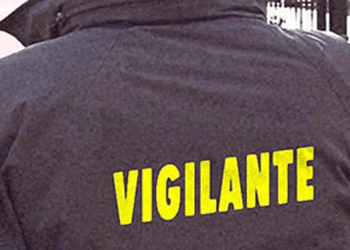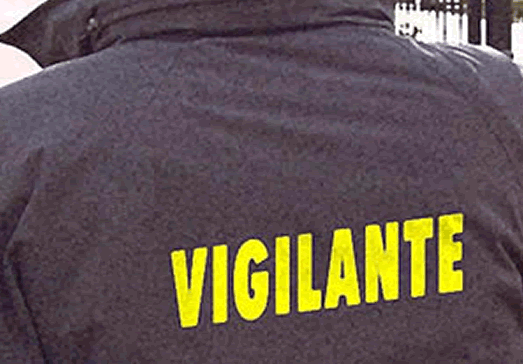Rev. Daniel Ogbarmey Tetteh, the Director of Securities and Exchange Commission (SEC) of Ghana has expressed a cautious yet open stance regarding the regulation of cryptocurrency.
Rev. Tetteh reiterated the Commission’s position, emphasizing that although cryptocurrencies remain unregulated in Ghana, the SEC is actively working towards understanding the sector and creating a comprehensive regulatory framework.
In 2019, the SEC issued a cautionary statement to the public, warning that crypto assets are not currently regulated. Rev. Tetteh reasserted this stance during the interview, stating,
“We issued a caution statement to the market that crypto assets are not regulated by the SEC, and if you dabble in it, you are basically on your own. This message serves as a reminder to investors that without regulations, they engage in the cryptocurrency market at their own risk.”
Rev. Daniel Ogbarmey Tetteh
Nevertheless, the SEC is not indifferent to the growing significance of digital currencies. Acknowledging the complexities involved, Rev. Tetteh highlighted the Commission’s measured approach to the issue, stressing the importance of understanding the intricacies of cryptocurrency before formulating regulations.
Rev. Tetteh thus remarked, “You can’t regulate what you do not understand,” underscoring the Commission’s efforts to educate itself on blockchain technologies and virtual assets.
Building Regulatory Capacity
To support its efforts, the SEC has set up an innovation team tasked with engaging Virtual Asset Service Providers (VASPs) and other stakeholders in the cryptocurrency ecosystem.
This initiative is part of the SEC’s strategy to build regulatory capacity and enhance its understanding of the sector. “We’ve been actively engaging with various players in the crypto ecosystem to improve our understanding of how these assets function,” Rev. Tetteh explained.
In addition to its internal efforts, the SEC has been working closely with the International Organization of Securities Commissions (IOSCO), which provides guidance on global best practices for regulating digital assets. The collaboration with IOSCO is a critical step in ensuring that Ghana’s regulatory framework aligns with international standards.
A Deliberate Approach
Despite these efforts, some participants in Ghana’s crypto community have voiced concerns over the perceived slow pace of progress. Many in the industry have been eagerly awaiting regulatory clarity as digital assets gain increasing prominence.
However, Rev. Tetteh defended the SEC’s deliberate approach, emphasizing the importance of ensuring the regulatory framework is comprehensive and effective. “Getting it right is better than getting it fast,” he remarked, highlighting the need for careful consideration to ensure that any regulations implemented address both the risks and opportunities presented by digital assets.
The SEC’s cautious stance reflects the approach taken by many regulatory bodies worldwide, which have been hesitant to rush into regulating a market that is still evolving. The volatility of cryptocurrencies, coupled with the collapse of high-profile exchanges, has reinforced the need for robust frameworks that protect investors while fostering innovation.
One of the major challenges facing regulators is finding the right balance between safeguarding investor interests and promoting innovation in the digital economy.
Rev. Tetteh noted that while the risks of delaying regulation are apparent, the SEC’s priority is to ensure the framework is adaptable and sustainable. “We are on course, and we want to ensure that we have a framework that covers all angles,” he said, signaling that the Commission aims to create a structure that can respond to the rapidly changing nature of the cryptocurrency market.
In the meantime, Ghanaian investors and traders in cryptocurrencies will need to continue navigating the market without formal regulatory protection. Although the SEC has not yet introduced specific regulations, its intent to develop a balanced and well-informed framework suggests that Ghana may eventually join the growing number of jurisdictions that have taken steps to regulate digital assets.
Global Context and Future Prospects
The debate over when and how to regulate cryptocurrencies is not unique to Ghana. Countries across the globe are grappling with the same questions, with some, like the United States and the European Union, moving swiftly to introduce legislation, while others are taking a more cautious approach. For Ghana, the challenge lies in balancing the need to protect investors with the desire to foster innovation and economic growth.
As cryptocurrencies continue to gain traction in Ghana, the SEC’s engagement with global regulatory bodies and domestic stakeholders will likely play a key role in shaping the country’s future approach to digital asset regulation. Rev. Tetteh’s comments signal a commitment to a thorough and thoughtful process, one that prioritizes investor protection while enabling innovation to flourish.
While the SEC is not rushing into crypto regulations, it is clear that efforts are underway to establish a robust framework. As Rev. Tetteh pointed out, “Getting it right is better than getting it fast,” and the SEC remains dedicated to ensuring that Ghana’s regulatory landscape for cryptocurrencies will be comprehensive, adaptable, and aligned with global standards.
READ ALSO: NDC Declares Loss of Trust in Electoral Commission



















